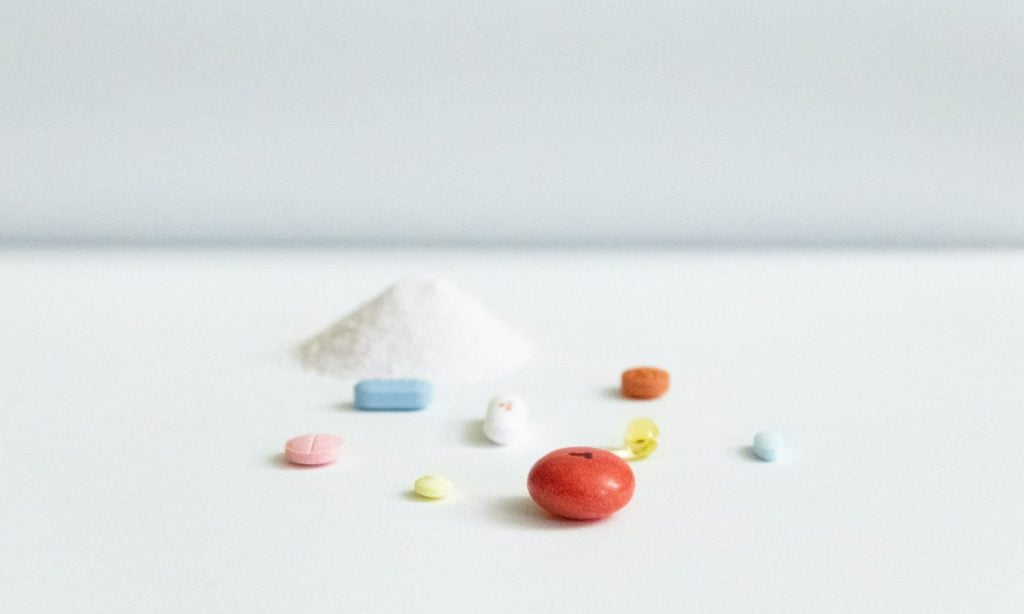The primary aim of such testing is to assist people in making informed and safer decisions about whether or how to use an unregulated drug.
New Zealand has recently distinguished itself as the first country in the world to legalize drug checking services, most notably for people attending festivals and other events.
The decision is a landmark ruling that stresses harm reduction for individuals by testing often illicit substances they plan to consume.

New Zealand’s Ministry of Health describes drug checking services as scientific tests conducted on substances in order to indicate their likely identity and composition. Such services test unknown substances, which may be illicit drugs, and then interpret the results and provide harm reduction information to individuals who provided the sample.
The primary aim of such testing is to assist people in making informed and safer decisions about whether or how to use an unregulated drug.
Contrary to what some believe, these drug-testing services are not set up to promote illicit drug use or to claim that illicit drug use is safe. Rather, they are portable labs that use high-performance liquid chromatography or UV-Vis spectrophotometer equipment in order to ascertain both the potency and qualitative nature of often illicit drugs.
Dr. Carl Hart, a neuroscientist who specializes in how humans respond to psychoactive drugs, spoke earlier this year about the need for drug testing and safety at events and within communities in the general population. He used the example of a typical breakfast and the basic assurance people have that they won’t get sick from store-bought, regulated food.
“I can be comfortable knowing that there are no contaminants in the breakfast I had this morning because we have quality control for our food,” Hart said. “And so, when people are out at festivals, all of that quality control goes away, which increases the likelihood that people might have contaminated substances.”
Testing services around the world currently exist in a kind of legal gray area where local law enforcement can make the call whether or not they will allow them at events. Organizations like The Loop in the United Kingdom and DanceSafe often struggle to provide services that can be interpreted as promoting drug use.

In reality, testing often does the opposite. One leading drug-checking service in New Zealand that has been providing testing of unverified substances for the past five years is called Know Your Stuff NZ. The community volunteer organization addresses the “lack of factual, proven information available to drug users about the substances they intend to take by providing drug checking and drug-related information at festivals and events.”
The group notes that people often obtain substances from dubious sources that they believe are safe but may also have the potential to harm or kill them.
RELATED: Scientists Confirm Taking Psychedelics At Music Festivals Makes You Happier
Prior to the worldwide pandemic, Know Your Stuff NZ provided harm reduction services free of charge at 13 events over the 2018-2019 season. During that time, the data they gathered showed that instead of condoning drug use, as is often feared, drug checking in fact reduced drug use and its associated harms. Know Your Stuff found that when festival-goers discovered that the drug they were planning to consume was not what they thought it was, they were inclined to abstain from taking it 50% of the time.
RELATED: Concerts Making A Comeback In 2021, But Don’t Smoke The Weed
As part of the New Zealand government’s proactive approach to testing, it recently pledged $800,000 NZ for the coordination of national services to train drug checkers for large festivals and events and to provide information about harm caused by drugs.
Radio New Zealand reported that Minister of Health Andrew Little described drug-checking services as keeping people safe, not condoning recreational drug use. “There is clear evidence that having drug-checking services at festivals changes behavior and reduces harm,” Little said.
This article originally appeared on Benzinga and has been reposted with permission.


